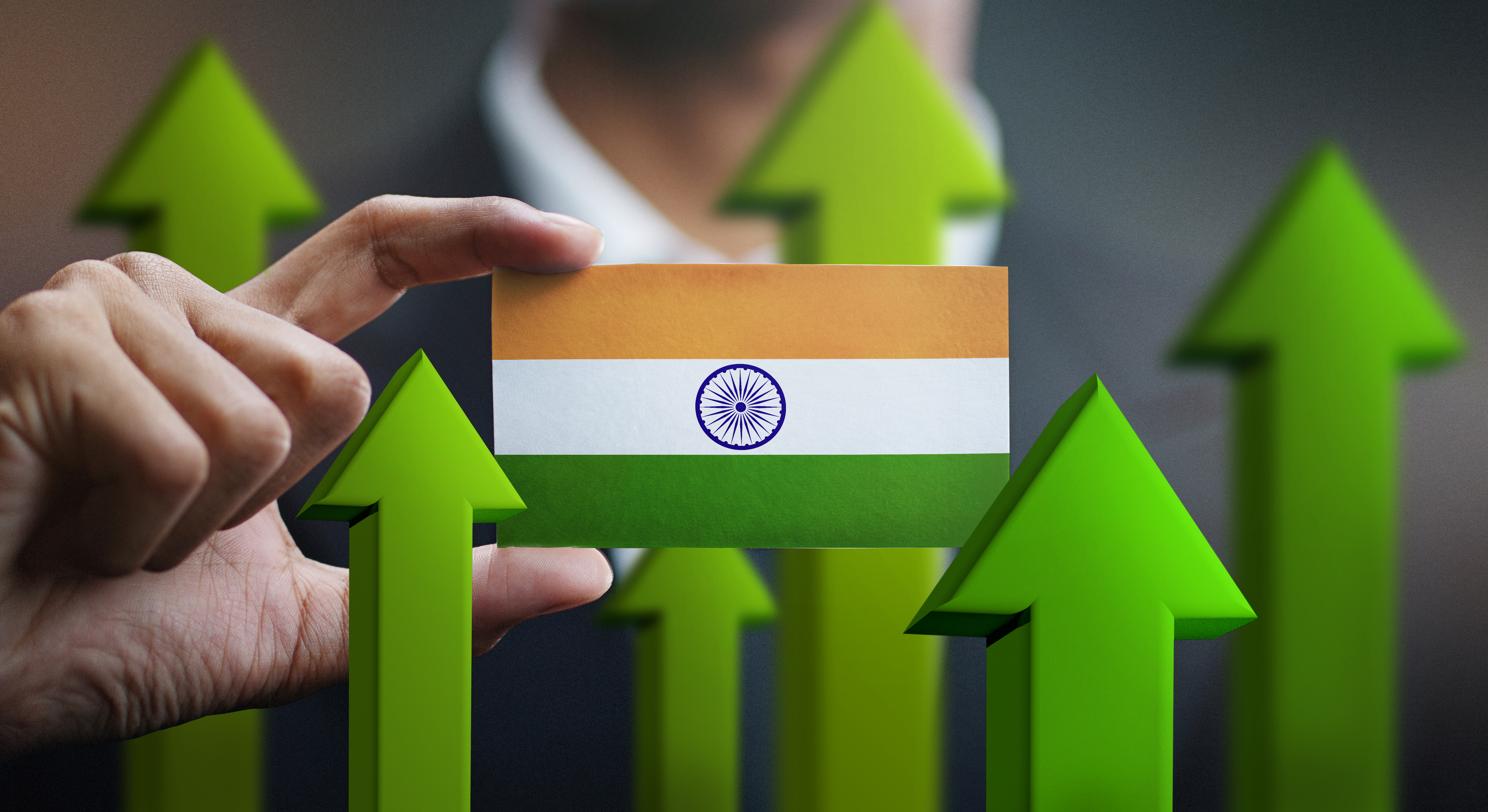The evolution will be digitised…Fintech and disruptive change on the subcontinent
Revolutionary change can be so painfully slow: often disguised as a series of short term trends, but in fact masking a longer term realignment. So, even though the world’s first personal computer was fully developed and market ready by 1974 (the Altair 8800, in case you’re interested), it would be twenty years before it finally ousted mechanical calculators and valve technologies from the workplace. Altair first had to strike a deal with some whipper snapper company called Intel (to produce microprocessors suitable for personal use), and then it had to wait for two college geeks called Bill Gates and Paul Allen to turn up with a software program called BASIC. The rest, of course, is history…but it all took time.
Ten years in fact, for personal computers to appear slowly (ever so slowly) into the home, during which time (1974 to 1984), mechanical calculators still looked for all the world like the future: and then, from 1984 to 1994, desktop computers still retained many of the hallmarks of a fad, before finally emerging as personal computers and changing our world forever…twenty full years: from the beginning, to the end of the beginning.
Who knows, without Bill Gates and Paul Allen, and Intel before them, personal computers could have ended up in a museum: in the glass case beside the Stylophone and the Sinclair C5.
And the lesson from that? Well, don’t fixate too much on seismic events: watch out for slow evolutionary change, because over the long term that’s what matters most.
Indian Fintech: A New Digital Experience
Right now, for example, we’re witnessing evolutionary changes across global financial markets: particularly on the Subcontinent, where traditional high street banks are partnering with Neo Banks to offer their customers a new digital experience. In their report from March this year Redseer Strategy (www.redseer.com) found significant headroom in the Subcontinent’s Neo Banking segment, with substantial potential for near term growth across a range of offerings: including data driven insight apps and an enhanced user interface.
And bear in mind too that India’s Fintech Sector is already the third biggest in the World, after the United States and China (valued at $31 Billion last year), so the potential for creative disruption is enormous. Neo Banking is ideally placed to act as a catalyst in that: offering traditional banks a way to reach out to young and tech savvy customers (something they haven’t been good at in the past), whilst at the same time addressing Regulatory Restrictions that currently prevent any bank from being fully digital. Partnering up enables both segments to meet those challenges together, and bridge a way into the new digital age.
OneBanc Technologies (www.onebanc.ai) has already teamed up with Visa; Niyo Global (www.goniyo.com) is partnering with SBM Bank and ICICI to create, respectively, a new digital savings account and prepaid cards for use by micro and SME businesses: and Federal Bank (www.federalbank.co.in) has produced more than 300,000 accounts, working in close collaboration with Neo Banking partners. And, looking further forward, Ribbon Global (www.ribbonglobal.com) is also on the verge of launching a new hyper personalised financial platform: making use of AI technologies, and offering multi-currency wallets, FX and fund transfer capabilities.
In short, the evolution is well under way…and it looks set to change the face of Financial Services for the better.
Executive Overview
Short term market disruptions can often mask a longer term (and more important) process of sectoral realignment: and that’s especially the case at the moment for Indian Fintech.
It’s certainly worth watching out for…
Invest in Red Ribbon Asset Management

Red Ribbon Asset Management (www.redribbon.co) aims to harness the full potential of fast evolving and emerging technologies to meet the needs of global communities as part of a circular economy, fully recognising the compelling demands of planet people and profit.








Leave a Reply